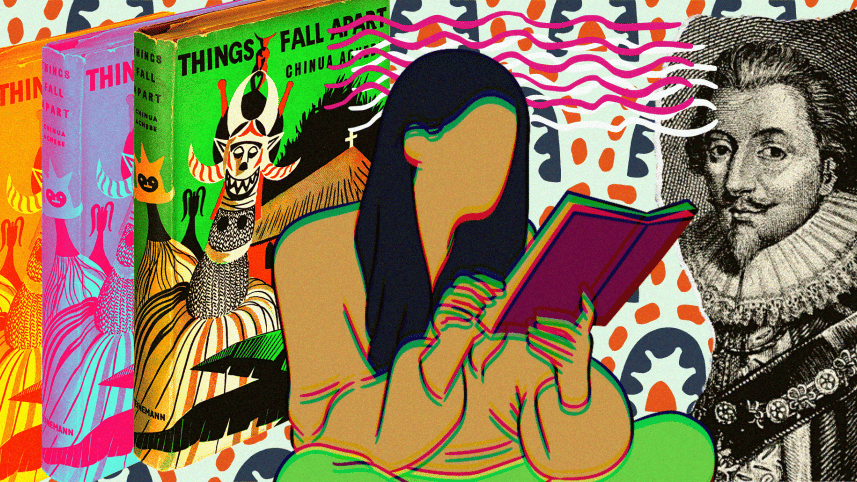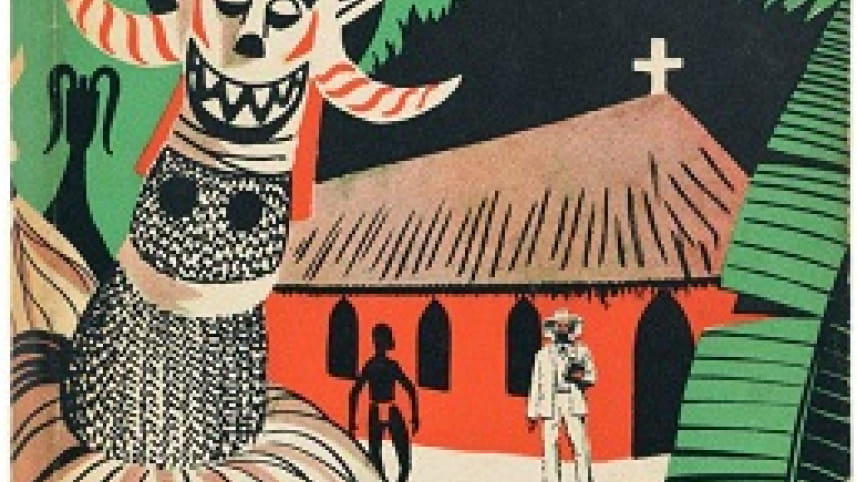Why it’s okay to forget the books you read

What makes them my favourites, if I can't remember the names of the engrossing characters or the details of the intricate plots in some of my "favourite" books? Is something wrong with me? Is that faculty of my brain which stores and retrieves information faulty? Am I showing early signs of Alzheimer's or Dementia? Do I really even like reading? Am I not reading "properly" enough?
Sir Francis Bacon, an English philosopher, once wrote: "Some books are to be tasted, others to be swallowed, and some few to be chewed and digested." Does this mean that I only "taste" books while reading and then spit them out soon after they go into my bookshelf? Am I simply a taster and not a digester?
I've come to realise that this is not a "problem" unique to myself and is in fact, quite common. I realise that in this digital era, with easy access to the internet and therefore, with information at my fingertips, I don't really have to have total/perfect recall. For example, I knew Bacon wrote something about books, so I simply used the search words "Francis Bacon on books" on Google, and voila, I had the essay from which I took the aforementioned quote. Siegfried Sassoon, a World War I poet, stated that "it is humanly certain that most of us remember very little of what we have read" and so, I've learned to forgive myself for forgetting, for I'm just an ordinary human.
With this realisation, one may ask, what's the point of reading, if I am going to forget most of it anyway? The answer is pretty simple. One shouldn't read to remember; rather, one should read for the experience of reading. We tend to prioritise recalling over experiencing. I can recall the different emotions I felt and the realisations I came to while reading the books I've read, with each experience different from the other.
While reading Chinua Achebe's Things Fall Apart (1958), I remember feeling that the Nigerian novelist had mastered the English language—the language of the colonialists. I was reminded of Shakespeare's "The Tempest", particularly the character Caliban, who tells his master Prospero, "You taught me language, and my profit on't Is I know how to curse." I remember feeling that Achebe had symbolically used the coloniser's tools to dismantle the master's house through his tale, which is aimed at the Western reader, and yet, at the same time, he was successful in portraying the African experience in English while preserving African authenticity, which by the way, is neither faultless nor idyllic.
Things Fall Apart is a masterpiece that allowed me to perceive the African people unlike the way white authors such as Joseph Conrad (through his Heart of Darkness) portrays them (in a racist, reductionist, stereotypical manner), thereby offering me the chance to see them through an alternate, non-colonial, authentic lens. I know the novel's name came from WB Yeats's poem, "The Second Coming" and while the poem is about the anti-Christ and the anarchy that he brings with him, the book is about colonisation and the consequent collapse of the Igbo society.

The disintegration of values, customs, traditions, relationships, etc. of the Igbo people is also a result of internal flaws within that society, which Achebe didn't shy away from exposing. I remember feeling that the author was just as critical of the colonisers as he was of his own people and I couldn't help but marvel at his objectivity. I remember making a connection between Achebe's novel and Shirley Jackson's unsettling short story, "The Lottery'' because both texts have characters who question rituals such as human sacrifice, and both texts also have characters who cannot accept change. Lastly, I remember understanding the concept of cultural hegemony, where the white man did not need to resort to brute force to colonise the Igbo people in Achebe's novel; rather, colonisation came about through the latter's consent.
The reader of this essay may think that I remember a lot from reading the novel, but I cannot write another word unless I re-read the book again. I don't remember a single character's name or the relationships between characters and tribes, and I don't remember most of the flaws in the Igbo society that led to its demise when the British came into the picture. However, my experience of reading a book by an African author changed me in more ways than one. I got a glimpse of a culture and a people completely foreign to me, I made connections with other texts that I had read, and I understood theories that I had studied but could not apply until I read the novel.
I believe that even if you remember nothing but a certain intense, raw emotion that you felt while reading a book, you have a valid reason to pick up another book and continue to experience the joys of reading.
Noora Shamsi Bahar is a writer, translator, and Senior Lecturer at the Department of English and Modern Languages, North South University.




 For all latest news, follow The Daily Star's Google News channel.
For all latest news, follow The Daily Star's Google News channel.
Comments